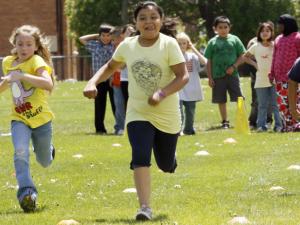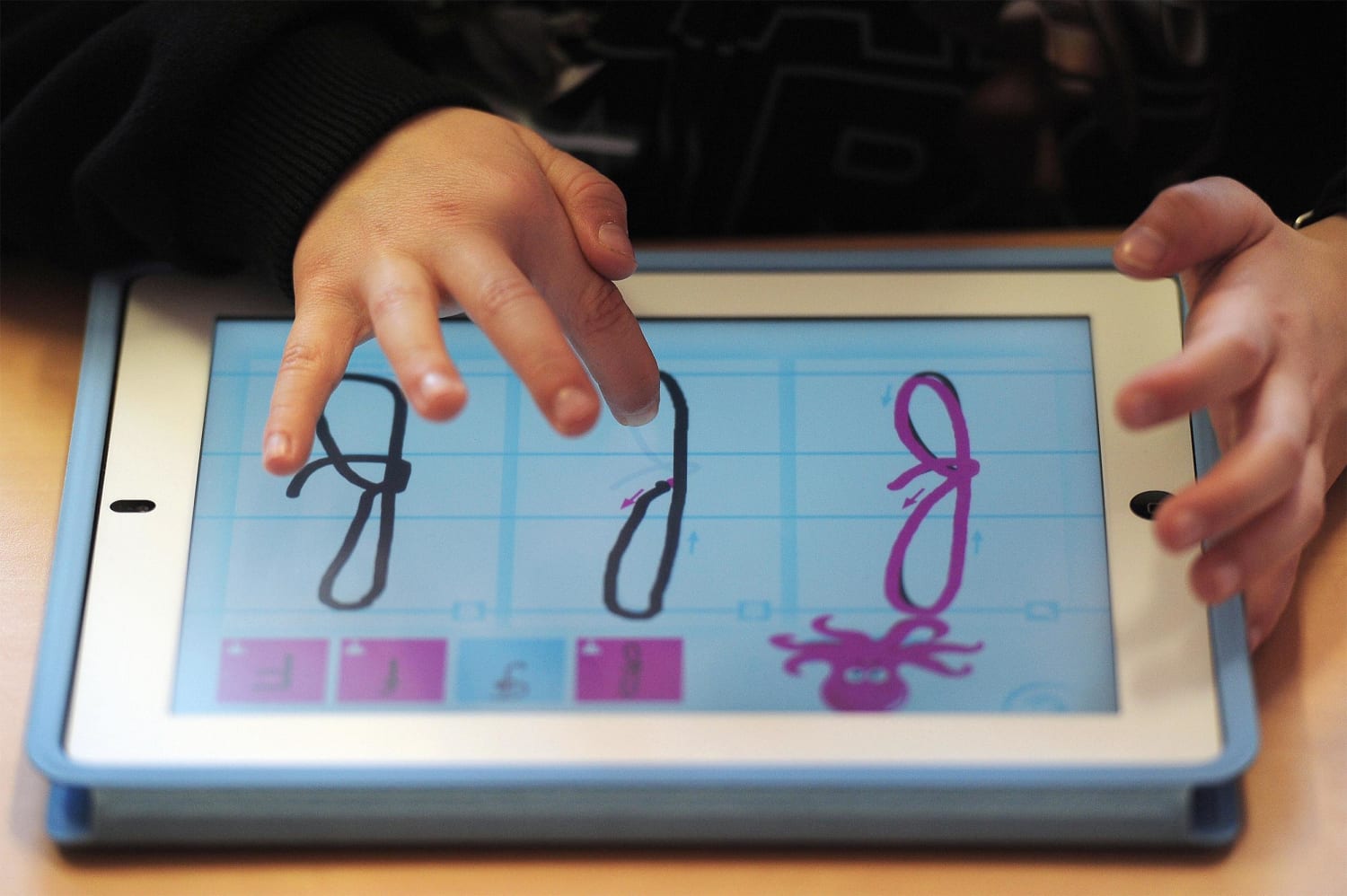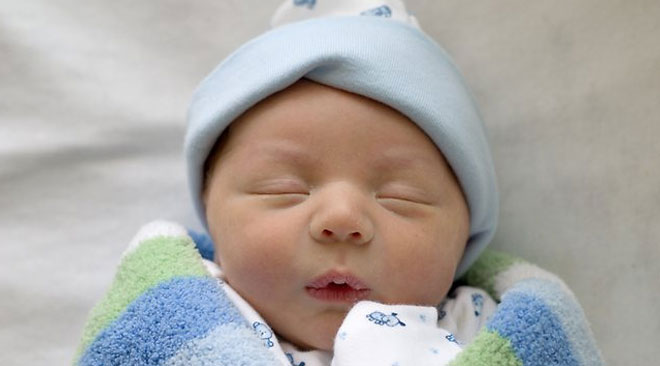Children who are physically fit have faster and more robust neuro-electrical brain responses during reading than their less-fit peers.
Children who are physically fit have faster and more robust neuro-electrical brain responses during reading than their less-fit peers, a new study has found.
These differences correspond with better language skills in the children who are more fit, and occur whether they’re reading straightforward sentences or sentences that contain errors of grammar or syntax.
The findings do not prove that higher fitness directly influences the changes seen in the electrical activity of the brain, the researchers say, but offer a potential mechanism to explain why fitness correlates so closely with better cognitive performance on a variety of tasks.
“All we know is there is something different about higher and lower fit kids,” said University of Illinois kinesiology and community health professor Charles Hillman who led the research.
“Now whether that difference is caused by fitness or maybe some third variable that (affects) both fitness and language processing, we don’t know yet,” said Hillman.
The researchers used electroencephalography (EEG), placing an electrode cap on the scalp to capture some of the electrical impulses associated with brain activity.
The readouts from the electrodes look like seismic readings captured during an earthquake, and characteristic wave patterns are associated with different tasks.
These patterns are called “event-related potentials” (ERPs), and vary according to the person being evaluated and the nature of the stimulus, graduate student Mark Scudder said.
For example, if you hear or read a word in a sentence that makes sense, the component of the brain waveform known as the N400 is less pronounced than if you read a sentence in which the word no longer makes sense, Scudder said.
The researchers found that children who were more fit (as measured by oxygen uptake during exercise) had higher amplitude N400 and P600 waves than their less-fit peers when reading normal or nonsensical sentences.
The N400 also had shorter latency in children who were more fit, suggesting that they processed the same information more quickly than their peers.
Most importantly, the researchers said, these differences in brain activity corresponded to better reading performance and language comprehension in the children who were more fit.
“Previous reports have shown that greater N400 amplitude is seen in higher-ability readers,” Scudder said.
“Our study shows that the brain function of higher fit kids is different, in the sense that they appear to be able to better allocate resources in the brain towards aspects of cognition that support reading comprehension,” Hillman said.
The study was published in the journal Brain and Cognition.
Source: The Indian Express






